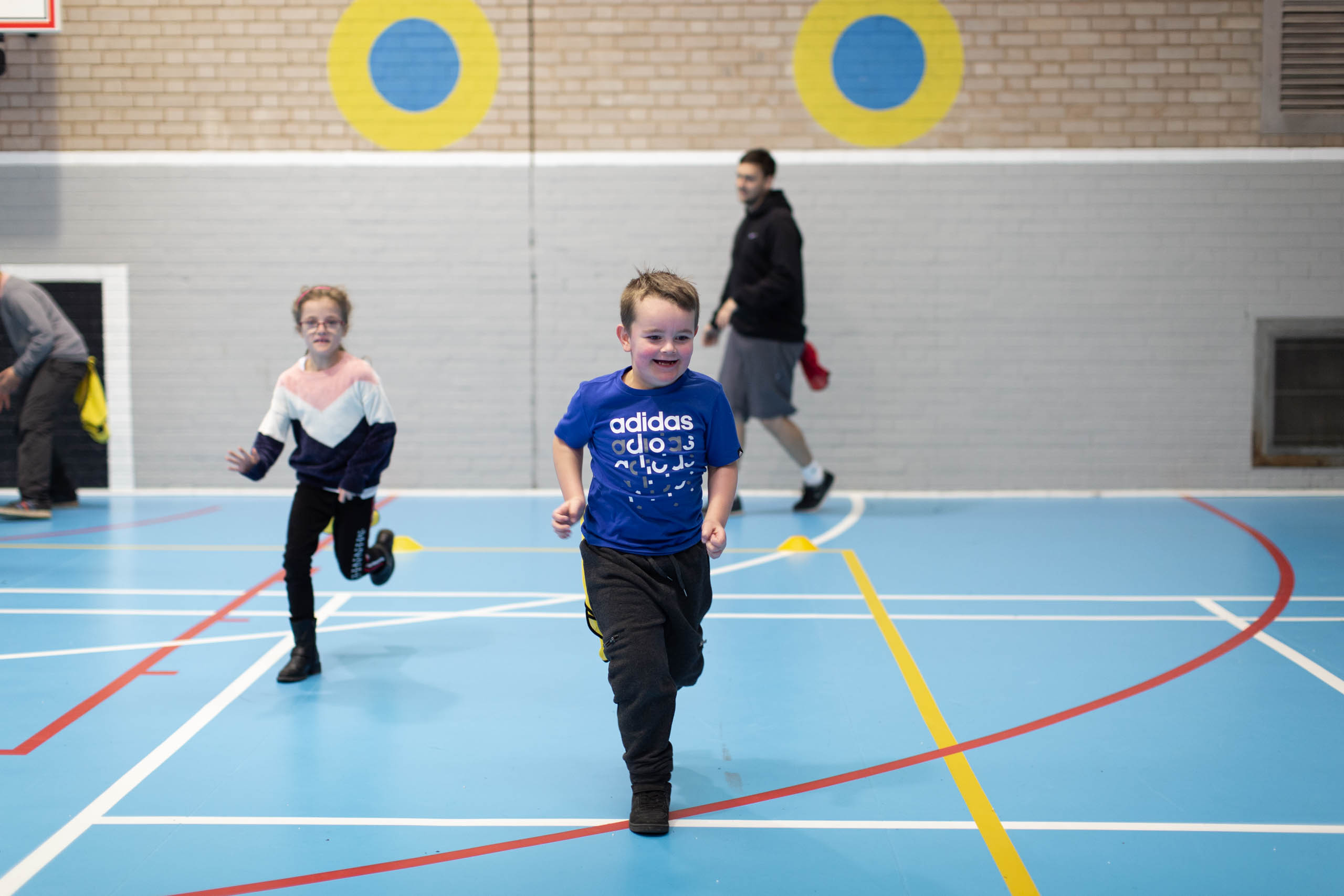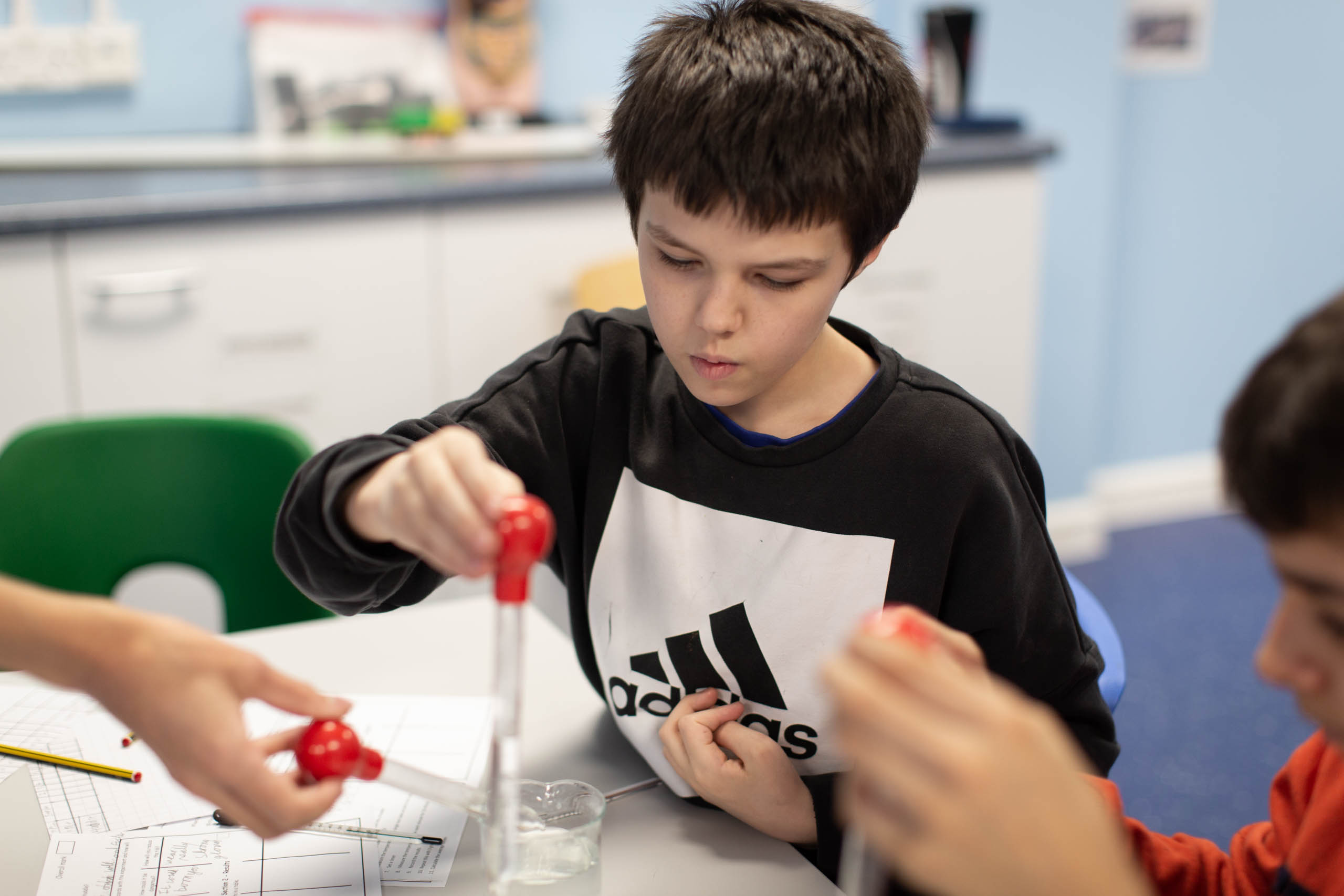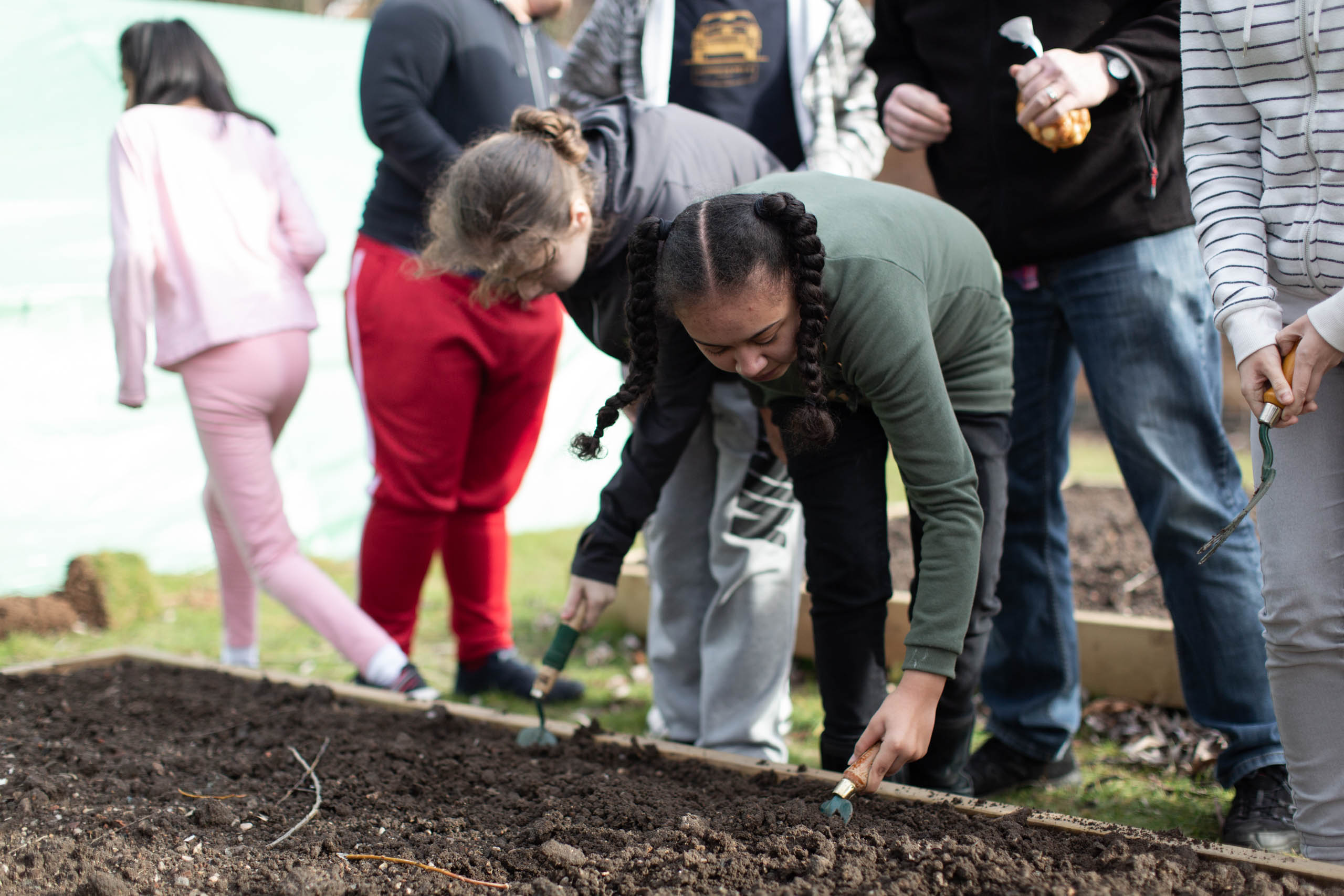
Woodlands Academy has adopted the Raleigh Education Trust Six Behaviour Principles:
-
- The whole school is unified in a collective ambition to keep our children safe
-
- We recognise all behaviour as a form of communication.
-
- The whole team embody a consistent approach that is flexible and responsive to unique
children.
- The whole team embody a consistent approach that is flexible and responsive to unique
-
- The school community maintains high standards through even higher levels of support.
-
- We are mindful that past and present social, emotional, academic and environmental factors
influence our children every day and in every way.
- We are mindful that past and present social, emotional, academic and environmental factors
-
- We approach rewarding positive behaviour as the practice that recognises improvement
relative to each individual’s starting point.
- We approach rewarding positive behaviour as the practice that recognises improvement
These principles underpin the academy’s Golden Rules, the behaviour we wish all our pupils and staff to experience daily.
Woodlands Academy follow the Trust’s Policy for Relationships and Positive Behaviour. Click below to find out more.
1. At Woodlands we are kind and respectful to each other

2. At Woodlands we engage in learning

3. At Woodlands we take pride in our environment


How the academy helps us learn when things do not go well
There will be occasions when a pupil will display behaviour that is not aligned with the golden rules, and therefore must be appropriately challenged. Although not exhaustive, the academy will use the following learning/reflective opportunities:
-
- Logical consequences – this may include catching up on any missed learning, helping to repair damage to property, an apology etc
-
- Restorative practice – Listening to others to understand their point of view and how they feel
-
- Reflection time
- How all adults in school support us to get things right
-
- Staff listen to us
-
- Staff make us feel safe
-
- Staff remind us what is expected
-
- Staff model good behaviour
-
- Staff praise us when we make good choices
-
- Staff understand what helps us as individuals
-
- Staff communicate with us in ways we understand
-





